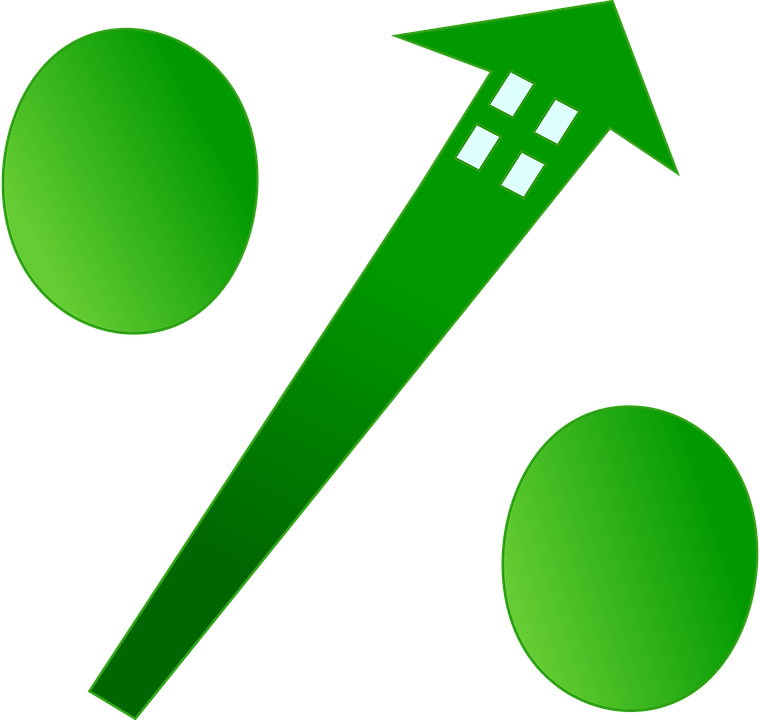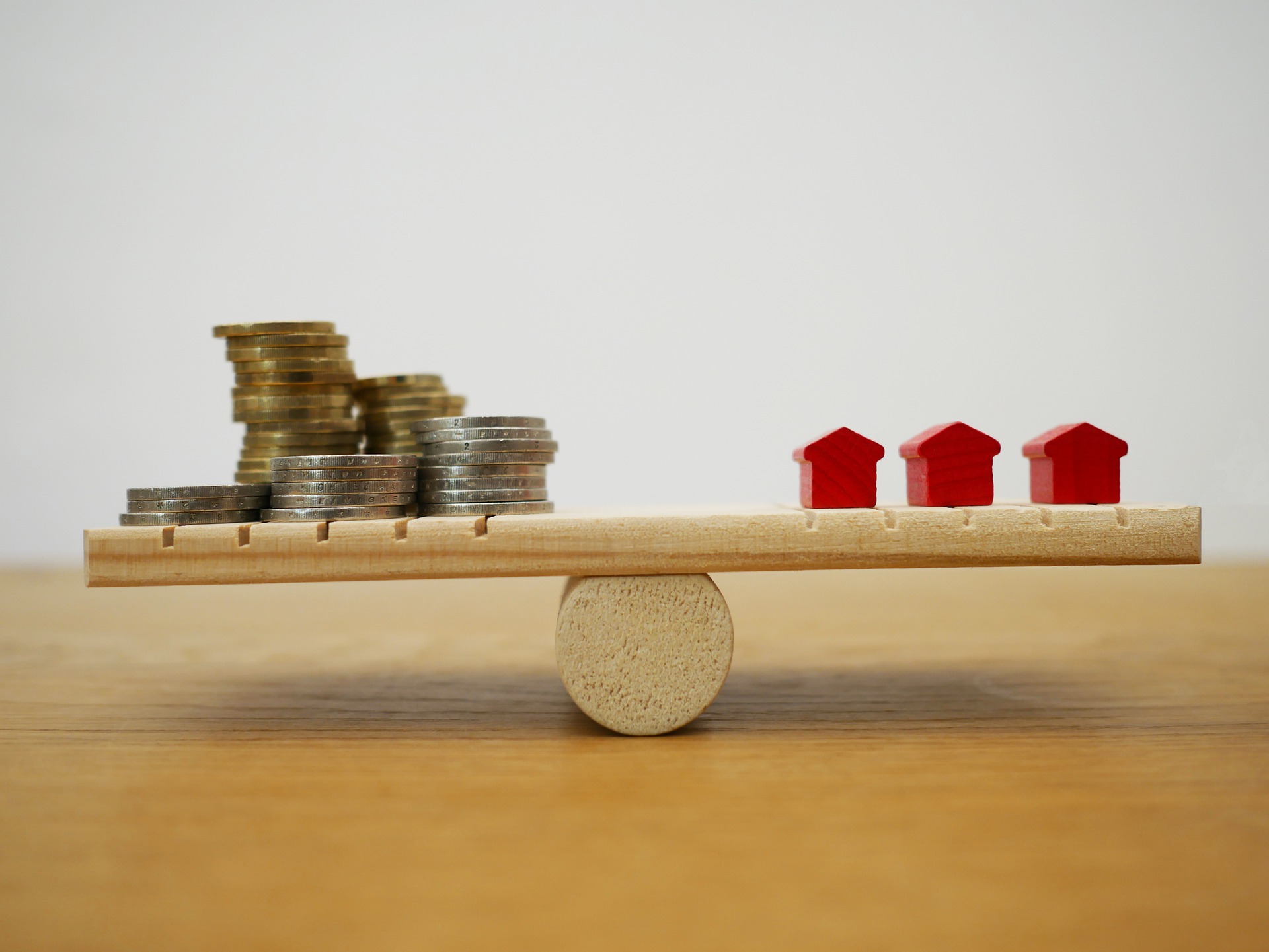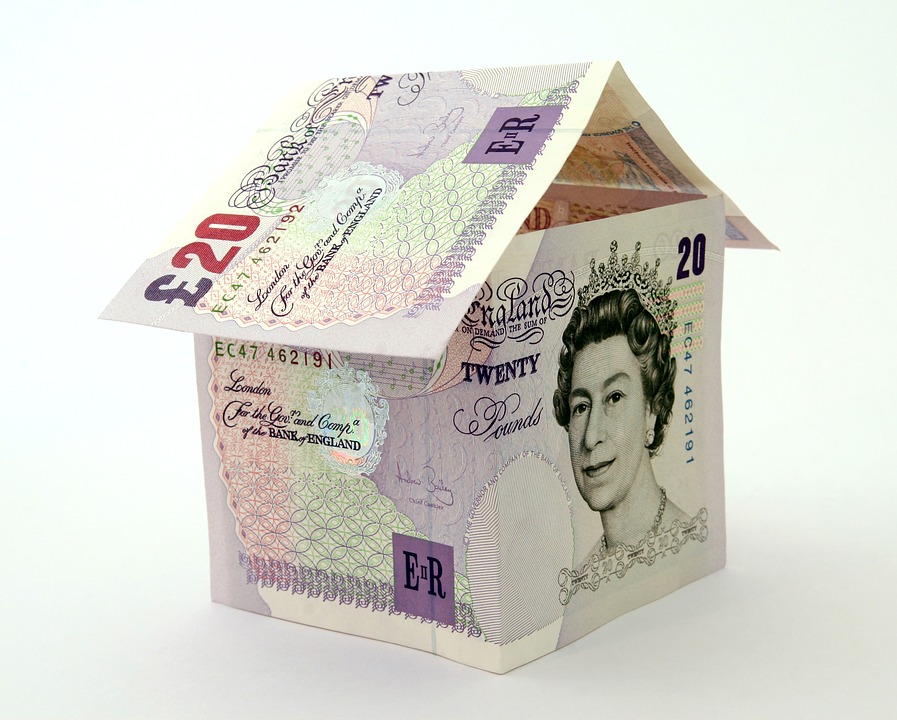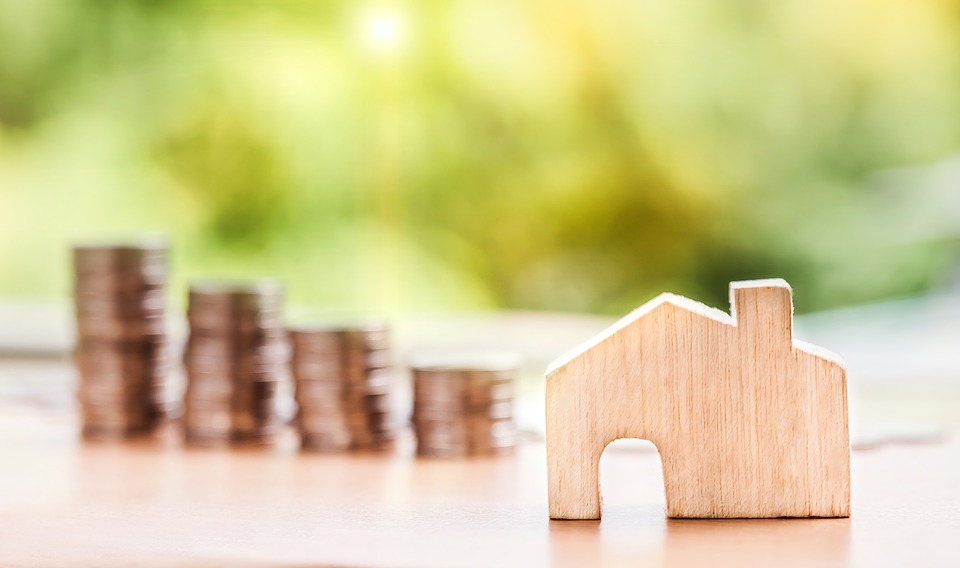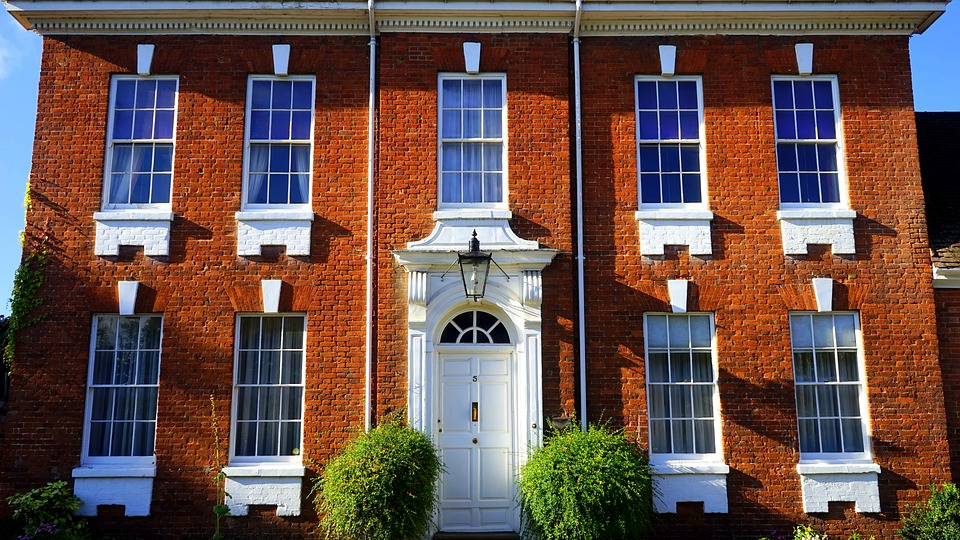Average UK house prices increased by 7.5% in the year to January 2021, according to the latest House Price Index by the Office for National Statistics (ONS).
Prices rose by the greatest margin in Wales, increasing by 9.6% to £179,000, this was followed by England, where prices rose by 7.5% to £267,000.
Prices in Scotland increased by 6.9% to £164,000, and in Northern Ireland to £148,000, up 5.3%.
The North West was the English region, which saw the highest annual growth in average house prices up 12.0%.
In contrast, the West Midlands noted the lowest at 4.7%.
To find out more about how we can assist you with your Mortgage requirements, please click here to get in touch
Tahir Farooqui, chief executive of Canopy, said: “With a further increase to house prices comes an even bigger gap between hopeful first-time buyers and their new home.
“While the government is promoting a range of incentives such as 95% mortgages and a tapered end to the stamp duty holiday, it’s not addressing the true problem.
“House prices are too high and securing an affordable mortgage is a pipe-dream for many.
“One way to put to good use the £64,000 of rental payments that the average tenant spends before buying their first home, is rent tracking.
“This means each monthly payment builds up their credit score, ensuring they have better access to financial products when the time comes to secure a mortgage. A strong credit score is a foundation for financial freedom.”
Rich Horner, head of individual protection at MetLife, added: “The market is finally breathing a sigh of relief with today’s data showing strong house price growth, that will only continue to be fuelled by the Chancellor’s move to extend the stamp duty holiday.
“For the next few months, at least, buyers will be encouraged to continue their property search and make moves before June.
“There still remains an element of worry around what the second half of the year looks like as the property market, and society more broadly, returns to a level of normality after more than a year of lockdown.
“But pent up demand and a supply shortfall will work in the favour of sellers to buoy property prices.
“However, at the lower end of the market a level of reservation could move in. For a significant number the events of the past 12 months have left them in an ambiguous financial position.”
Read about the UK Housing Market via our Specialist Residential & Buy to Let Division
Miles Robinson, head of mortgages at Trussle, said: “Despite a slight fall in house prices month-on-month from December 2020 to January 2021, it’s important to note that house prices are still significantly higher than the same period last year.
“Traditionally, the property market is quieter at the beginning of the year and it’s Spring that tends to spark a change in buyer momentum.
“However, buyer demand has remained strong throughout 2021.
“At Trussle we saw a 15% increase in mortgage applications in January and a 17% increase in February, when comparing the same periods year-on year.
“The recent Budget announcement confirming an extension to the stamp duty holiday, as well as a 95% mortgage guarantee scheme is likely to continue to boost buyer demand.
“This in turn could elevate house prices even further.”
By Jake Carter
Source: Mortgage Introducer
Discover our Mortgage Broker services.

